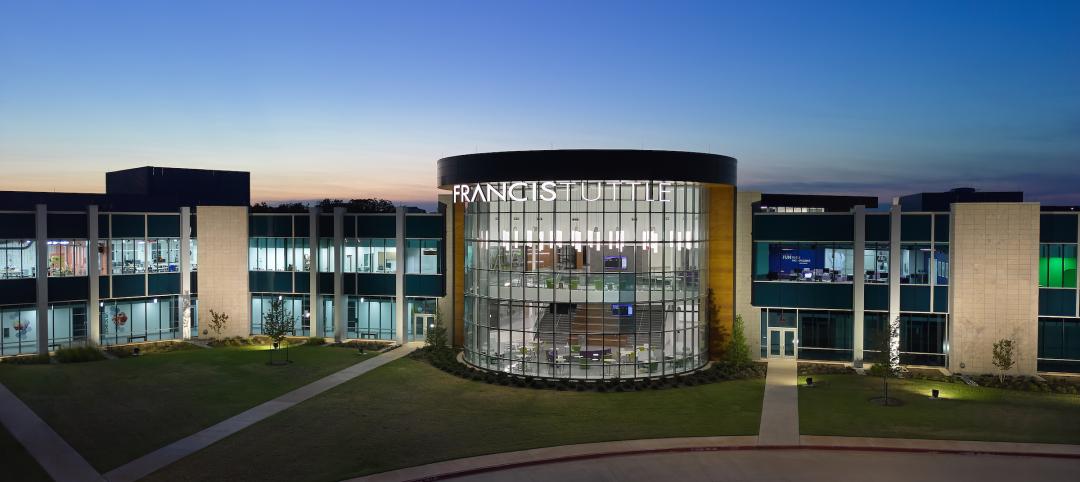In 2011, the Commerce Department’s Economics and Statistics Administration, using Bureau of Labor Statistics employment projections, predicted that STEM-related occupations would expand by 17% from 2008 through 2018, compared to 9.8% growth for all non-STEM jobs during that same period.
Educators certainly bought into that projection, based on the increasing number of school districts across America whose high schools now offer STEM and STEAM courses or have built separate academies for these disciplines.
But has STEM, which the business community urged school districts to embrace, been oversold as a career path? Education Week magazine asked that very question in May 2018, and concluded, based on its own reporting and research, that while the government’s forecasting was basically on target, its inference that there’s this expanding pipeline of primed high school students itching to pursue STEM as a college major or career choice is “more nuanced” than the Commerce Dept.’s prognostications might suggest.
Around the same time that EdWeek published its findings, Junior Achievement USA and Ernst & Young released the results of a survey of 1,000 13- to 17-year-old students, conducted online in late February and early March, which uncovered a notable drop off—to 24%, from 37% in 2017—in the number of boys who said they wanted a STEM career. Girls’ interest in STEM remained unchanged, at 11%.
Ed Grocholski, Junior Achievement’s Senior Vice President-Brands, wasn’t completely surprised by the survey’s results, which he attributes, in part, to a lack of exposure that students have to STEM-related employees and fields. Conversely, the number of teens interested in medical or dental careers increased to 19% from 15%, with girls more likely to choose that path.
“Those professions are tangible to teens, and are something they can relate to, because they’ve either gone to a doctor or dentist, or have seen them on TV,” says Grocholski. He adds that teens are interested in professions they think will help people, like education, public service, law enforcement,
and the military.
Junior Achievement has been trying to fill the mentoring gap with volunteers who serve as role models. But he admits that such efforts “sometimes forget about the inspiration part.”
The takeaway for AEC firms, he says, is to get more involved in talking about their industry to youngsters, because “outside of TV, kids aren’t paying attention, even though a lot of STEM might actually coincide with their interests.”
Related Stories
Market Data | Apr 11, 2023
Construction crane count reaches all-time high in Q1 2023
Toronto, Seattle, Los Angeles, and Denver top the list of U.S/Canadian cities with the greatest number of fixed cranes on construction sites, according to Rider Levett Bucknall's RLB Crane Index for North America for Q1 2023.
University Buildings | Apr 11, 2023
Supersizing higher education: Tracking the rise of mega buildings on university campuses
Mega buildings on higher education campuses aren’t unusual. But what has been different lately is the sheer number of supersized projects that have been in the works over the last 12–15 months.
Contractors | Apr 10, 2023
What makes prefabrication work? Factors every construction project should consider
There are many factors requiring careful consideration when determining whether a project is a good fit for prefabrication. JE Dunn’s Brian Burkett breaks down the most important considerations.
Smart Buildings | Apr 7, 2023
Carnegie Mellon University's research on advanced building sensors provokes heated controversy
A research project to test next-generation building sensors at Carnegie Mellon University provoked intense debate over the privacy implications of widespread deployment of the devices in a new 90,000-sf building. The light-switch-size devices, capable of measuring 12 types of data including motion and sound, were mounted in more than 300 locations throughout the building.
Architects | Apr 6, 2023
New tool from Perkins&Will will make public health data more accessible to designers and architects
Called PRECEDE, the dashboard is an open-source tool developed by Perkins&Will that draws on federal data to identify and assess community health priorities within the U.S. by location. The firm was recently awarded a $30,000 ASID Foundation Grant to enhance the tool.
Architects | Apr 6, 2023
Design for belonging: An introduction to inclusive design
The foundation of modern, formalized inclusive design can be traced back to the Americans with Disabilities Act (ADA) in 1990. The movement has developed beyond the simple rules outlined by ADA regulations resulting in features like mothers’ rooms, prayer rooms, and inclusive restrooms.
Sustainability | Apr 4, 2023
NIBS report: Decarbonizing the U.S. building sector will require massive, coordinated effort
Decarbonizing the building sector will require a massive, strategic, and coordinated effort by the public and private sectors, according to a report by the National Institute of Building Sciences (NIBS).
Education Facilities | Apr 3, 2023
Oklahoma’s Francis Tuttle Technology Center opens academic center for affordable education and training
Oklahoma’s Francis Tuttle Technology Center, which provides career-specific training to adults and high school students, has completed its Francis Tuttle Danforth Campus—a two-story, 155,000-sf academic building. The project aims to fill the growing community’s rising demand for affordable education and training.
Sports and Recreational Facilities | Mar 30, 2023
New University of St. Thomas sports arena will support school's move to Division I athletics
The University of St. Thomas in Saint Paul, Minn., last year became the first Division III institution in the modern NCAA to transition directly to Division I. Plans for a new multipurpose sports arena on campus will support that move.
Healthcare Facilities | Mar 26, 2023
UC Davis Health opens new eye institute building for eye care, research, and training
UC Davis Health recently marked the opening of the new Ernest E. Tschannen Eye Institute Building and the expansion of the Ambulatory Care Center (ACC). Located in Sacramento, Calif., the Eye Center provides eye care, vision research, and training for specialists and investigators. With the new building, the Eye Center’s vision scientists can increase capacity for clinical trials by 50%.
















